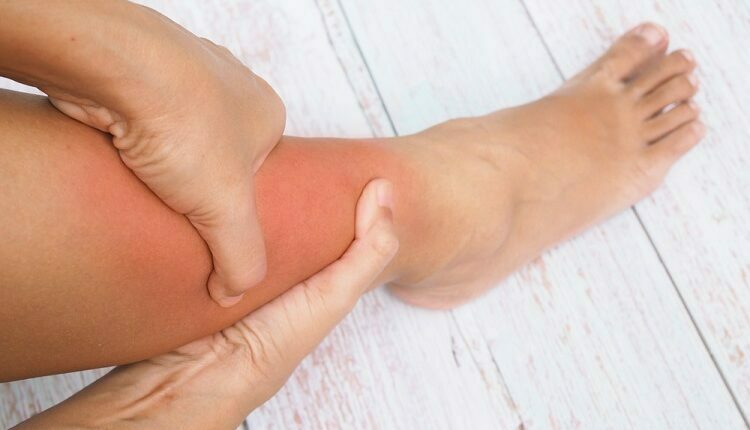Causes Of Leg Swelling
Leg swelling results from abnormal fluid buildup in any part of your legs, such as the feet, ankles, or calves. It happens when tissues or blood vessels in the legs hold more fluid than usual. In most cases, leg swelling occurs when you sit or stand for long periods in one position. Some undiagnosed and no symptoms showing diseases can cause leg swelling. If your leg swelling persists for more than a week, visit your reliable specialist, Dr. Atur Kasha El Paso, for diagnosis and effective treatment. There are many causes of leg swelling, and below are some.
Table of Contents
Pregnancy
In the third trimester of pregnancy, your growing baby exacts pressure on the veins in your legs. Extreme pressure slows your blood circulation, and fluid will build up resulting in mild swelling, which is normal. If your leg swelling is severe and accompanied by intense headaches and vision changes, you should seek medical care. These can be symptoms of a severe condition called preeclampsia.
Kidney failure
Chronic kidney disorders can lead to leg swelling. This condition happens because your kidneys do not function as they should. Instead of filtering water and waste materials from your blood, fluid accumulates in your body, especially your legs, leading to swelling. Kidney failure can be accompanied by other symptoms like fatigue, nausea, breath shortness, and too much thirst.
Medications
Sometimes leg swelling can be a side effect of some prescribed drugs. The medications that mostly lead to swelling include non-steroidal anti-inflammatory drugs like aspirin, ibuprofen, and naproxen. Heart disease drugs like nifedipine and some antidepressants can also lead to leg swelling. If you experience any swelling after taking these drugs, seek medical attention.
Vein disorders
Vein disorders occur when the valves in your leg veins become weak, leading to poor blood flow back into your heart. Poor blood circulation can result in blood pooling in your legs, leading to swelling. Venous insufficiency, varicose veins, and spider veins are common vein disorders in your legs. These conditions require immediate treatment as they can lead to deep vein thrombosis, a life-threatening situation.
Heart failure
Heart failure occurs when your heart is too weak to pump blood effectively around your body. It leads to fluid accumulation in your body, especially the lower legs, ankles, and feet. Breathing difficulties, chest pain, tiredness, and coughing can also develop if you have heart failure. This condition has no cure, but lifestyle changes, medication, and surgical procedures can help manage it.
Lymphedema
Lymphedema happens when excess fluid accumulates in the tissues, causing swelling. It occurs when lymph nodes are damaged or removed. Lymph nodes are glands in your immune system that help to remove the fluid. If lymph nodes in your pelvis are removed or do not function properly, fluid can build up in your legs. You experience heaviness and swelling in the affected area when you have lymphedema.
In most cases, leg swelling results from other body conditions. Therefore, you should visit your doctor for diagnosis and treatment to prevent your problem from worsening. Schedule an appointment at Desert West Vein & Surgery Center for swollen leg treatment to avoid severe conditions.

